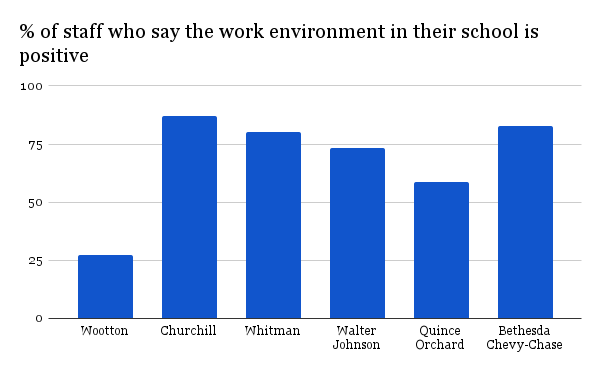Curriculum changes can be a big deal in schools. This year the two subjects that have seen the most substantial updates are AP Psychology and Honors English 9. While these changes are designed to keep learning relevant and up-to-date, they also present a unique challenge for teachers tasked with implementing them.
In AP Psychology, there have been four significant changes to the course framework. First, the course has reduced the number of content units from nine to six, which impacts the pacing of lessons. Second, key terms have been added to each unit, requiring teachers to ensure that students understand the core vocabulary of psychology. Third, argumentation skills are now integrated into science practices, meaning students will need to focus on constructing logical, evidence-based arguments related to psychological concepts. Finally, research methods and data interpretation are now included as part of the science practices, adding another layer of complexity to the course. “Every unit and topic connects back to fundamental scientific principles,” AP Psychology teacher Amy Buckingham said.
One of the most noticeable changes for teachers is that these adjustments will also affect the AP exam, which will now include two writing components – something that wasn’t part of the previous version of the test. “This is a big shift,” Buckingham said.
Although there is no required training for AP Psychology teachers, they do participate in a week-long AP Psychology summer institute. These institutes break down the new curriculum and exam structure, allowing the teacher to fine-tune their approach based on their level of experience.
As Buckingham pointed out, these changes affect teaching methods in important ways. This is not just about what material is taught, but how it’s presented. Teachers must adapt their lessons to help students develop the new skills required by the updated curriculum. “I have to refocus content as well as delivery to ensure students acquire the correct skills and knowledge,” Buckingham said.
Honors English 9 has also undergone significant curriculum changes this year. One major difference is that the first semester no longer includes analytical writing tasks, a skill that was previously emphasized throughout the year. “In the past, literary analysis was a foundational skill in ninth-grade English,” sHonors English 9 teacher Amani Elkassabany said.
The change means that teachers like Elkassabany must be more flexible in how they plan lessons and assess student progress. To prepare for the new curriculum, English 9 teachers attended a one-day summer training. While as long as the AP Psychology workshops, this training is crucial for helping teachers understand the rationale behind the changes and how best to implement them in the classroom.
The question of whether the changes are necessary is a subject of debate among educators, students and parents. Buckingham said she believes that curriculum changes are essential for staying current with the latest research and technology. However, she cautioned against making changes too frequently. “I don’t think there needs to be a major overhaul every year, but regular adjustments are necessary to keep the content relevant,” Buckingham said.
Elkassabany agrees with the idea that change should be purposeful. “Curriculum changes should only happen when the current one doesn’t meet the standards or needs of students,” Elkassabany said.




![Editors-in-Chief Ahmed Ibrahim, Helen Manolis, Cameron Cowen, Alex Grainger, Emory Scofield, Hayley Gottesman, Rebekah Buchman and Marley Hoffman create the first print magazine of the year during the October press days. “Only a quarter of the schools in MCPS have programs that are like ours, a thriving, robust program. That makes me really sad. This is not just good for [the student journalists] to be doing this, it’s good for the entire community. What [student journalists] provide to the community is a faith in journalism and that continues for their lifetimes," Starr said.](https://woottoncommonsense.com/wp-content/uploads/2025/10/wmpoFTZkCPiVA3YXA4tnGoSsZ4KmnKYBIfr18p3l-900x1200.jpg)



